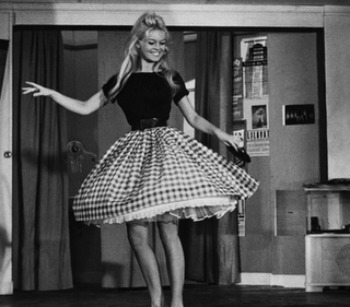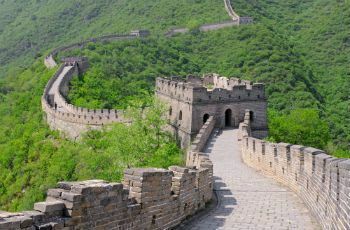The transformations suffered from the twelfth century in Medieval Europe gave rise to the implementation of a new economic system no longer based on servile relations and subsistence production. Mercantile capitalism went through a process of comings and goings where the closed economic system installed by feudalism lost space for a more dynamic economy favorable to the development of cities and the constant circulation of goods and people.
In some regions, feudal lords began to integrate agricultural production from their lands into urban-commercial development. The servile relations formerly used to organize agricultural work were softened into free labor relations where peasants worked for a wage. This group of salaried workers came from the former servants and villains, starting to be designated as newsboys.
The growth of urban centers made many nobles and servants feel attracted by that new environment. Many nobles left their lands to leave them in charge of an administrator or lease part of their territories in exchange for an amount of money. This, however, did not mean the complete extinction of the noble class or the servile class. These experiences of openness were not generalized to the entire European continent.
In some parts of the Old Continent, especially in Eastern Europe, feudal lords began to impose ever heavier taxes on their subordinates. This type of restriction occurred as a way to contain the evasion of the available workforce that might want to live in the nascent urban centers. Furthermore, this stiffening was also a requirement placed in regions where the availability of fertile land was less.
The period of transformation combined with economic prosperity can be clearly observed between the 12th and 15th centuries. However, this trajectory did not live upwards during this entire period. Specifically in the 14th century we have a set of unrest that slowed the development of commerce and the expansion of medieval cities.
In the first half of the 14th century, between 1346 and 1353, an epidemic of bubonic plague (then called the Black Death) wiped out approximately one-third of the European population. So many deaths caused agricultural production to drop sharply, followed by the retraction of commercial activities. The remnants of the epidemic demanded better living conditions and larger shares of agricultural production.
In response to the tension in the countryside, landlords imposed laws that prevented the deliberate departure of serfs from the properties. In cities, artisans also had to settle for a reduction in wages due to the decrease in commercial transactions. The result of this antagonism experienced during the 14th century was glimpsed through a series of peasant revolts known as “jacqueries”.
The retraction observed in this period pointed out that the following century turned into a phase of profound restructuring of the social, political and economic order in Europe. In the 15th century, we have the search for new consumer markets through the process of maritime expansion and the formation of National States. Europe began to broaden its horizons with the discovery of new lands through centralized States committed to this new reality.
Do not stop now... There's more after the advertising ;)
By Rainer Sousa
Graduated in History
Brazil School Team
Middle Ages - General history - Brazil School
Would you like to reference this text in a school or academic work? Look:
SOUSA, Rainer Gonçalves. "Crisis of the Feudal World"; Brazil School. Available in: https://brasilescola.uol.com.br/historiag/crise-mundo-feudal.htm. Accessed on June 27, 2021.



